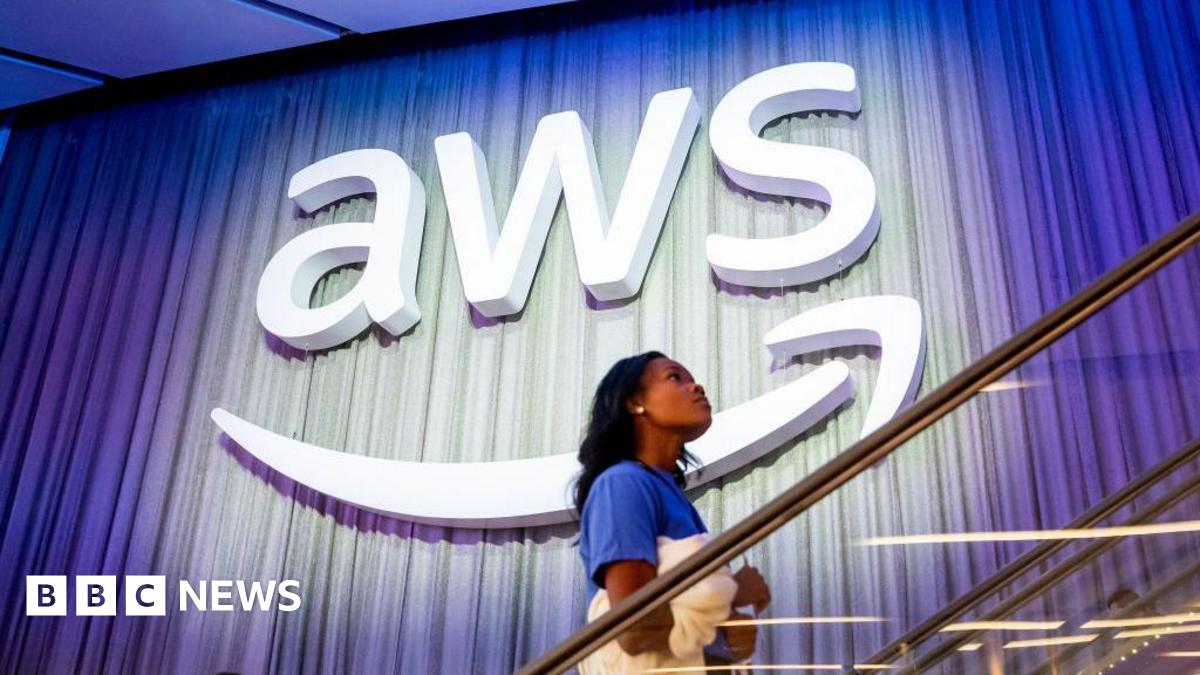Amazon has not yet fully detailed what caused Monday’s outage or issued an official statement regarding it.
It said in an update on its service status web page the issue “appears to be related to DNS resolution of the DynamoDB API endpoint in US-EAST-1”.
DNS, which stands for Domain Name System, is often likened to a phone book for the internet.
It effectively translates the website names people use (like bbc.co.uk) into numbers which can be read and understood by computers.
This process basically underpins the way we use the internet, and disruptions to it can leave web browsers unable to locate the content they are looking for.
Matthew Prince, chief executive of Cloudflare, told the BBC the AWS outage highlighted the power cloud services have over how the internet works.
“Everyone has a bad day, today Amazon had a bad day,” he said.
“There are amazing things about the cloud, it allows you to scale… but if you have an outage like this it can take down a lot of services we rely on.”
And Cori Crider, head of the Future of Technology Institute, told the BBC it was “a bit like a bridge collapsing”.
“An essential part of the economy has fallen to pieces,” she said.
And with so much of cloud computing relying on Amazon, Microsoft and Google – estimated at around 70% – she said the status quo was “unsustainable”.
“Once you have a concentrated supply in a handful of monopoly providers, when something like this falls over, it takes a huge percentage of the economy out with it,” she said.
“We should really look at trying to buy more local services, rather than relying on a handful of American monopoly platforms.
“That’s a risk to our security, our sovereignty and our economy and we need to look at structural separations to make our markets more resilient to these kind of shocks.”
